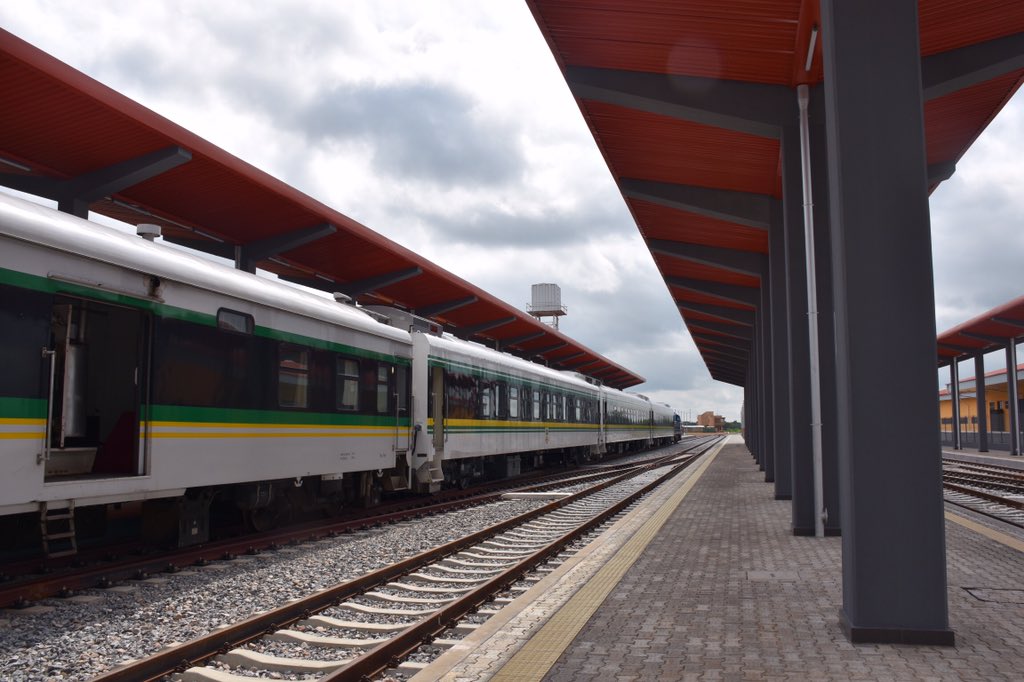In a bid to boost infrastructure development, the Niger government has awarded a significant N7 billion road project. This project includes the construction of four bridges that will connect the towns of Mokwa to Rabba. The initiative aims to improve transportation networks, enhance connectivity between regions, and facilitate easier movement of people and goods.
The decision to invest in these road projects underscores the government’s commitment to fostering economic growth and development within the region. By linking Mokwa to Rabba with modern bridges, the authorities are not only improving transportation but also opening up opportunities for trade, tourism, and overall societal advancement.
One key aspect of this development is how it will positively impact the lives of residents in these areas. Improved roads and bridges do not just provide better access; they also promote socio-economic progress by creating new possibilities for businesses to flourish and communities to thrive.
As construction commences on these crucial infrastructure projects,
experts emphasize the broader implications beyond mere physical structures.
Dr. Sarah Ahmed, an infrastructure specialist, notes that
“investing in road networks is essential for boosting local economies and enhancing social integration.”
These developments can lead to job creation, increased investments, and a higher quality of life for residents.
Moreover, as part of its efforts to address security challenges within Minna, the Niger government has implemented a ban on tricycle and motorcycle operations at night. This measure comes amidst growing concerns over insecurity in the region and aims to safeguard residents from potential risks during nighttime hours.
By restricting tricycle and motorcycle movements after dark, authorities aim to curtail criminal activities often associated with such modes of transport at night. The decision underscores a proactive approach towards ensuring public safety while also addressing broader security issues prevalent in urban centers like Minna.
Discussing this ban, Police Commissioner David Bello emphasizes that
“nighttime restrictions on tricycles and motorcycles are necessary steps to enhance security measures.”
This move aligns with law enforcement efforts to create a secure environment for all residents by mitigating risks associated with nocturnal activities that may compromise safety.
While some may view these restrictions as inconvenient, it is important to recognize the underlying rationale behind such regulations. Balancing individual freedoms with collective security needs remains a complex challenge faced by governments worldwide. In this context, prioritizing public safety through measured interventions becomes paramount for sustaining peace within communities.
Overall, Niger’s recent initiatives reflect a multi-faceted approach towards advancing both infrastructure development and security enhancement within its territories. By investing in vital road projects while implementing strategic measures like nighttime bans on certain vehicles, the government demonstrates its proactive stance towards promoting progress while safeguarding its citizens’ well-being.

